After decades of planning and construction, the Chenab Arch Bridge is now complete, towering 359 metres above the Chenab River, 29 metres higher than the Eiffel Tower. At 1,315 metres long and costing over $160 million, the Chenab Bridge is a symbol of India’s desire to connect Kashmir with the rest of India.
The project is a key part of the Udhampur–Srinagar–Baramulla rail link project, which will bring key cities in Indian-controlled Kashmir into the national transport network. It will also be the first time in history that this rugged mountainous region will have direct rail links to major Indian urban areas.
The construction of the Chenab Bridge, along with railways, tunnels and highways in the Himalayas, is part of the Modi government ’s strategy to integrate Kashmir into India and demonstrates its commitment to its vision of making the country a developed nation by 2047 – the 100th anniversary of its independence.
Despite the huge benefits to transport and connectivity, many infrastructure projects in the Himalayan region have faced criticism from environmentalists, who warn that large-scale construction could disrupt fragile terrain, accelerate landslides and cause serious damage through climate change.
In 2023, the Char Dham Expressway project in Uttarakhand state – a key part of the effort to expand transport in the mountainous region – caused a stir when a tunnel under construction suddenly collapsed, trapping dozens of workers for days with no oxygen and water.
Also last year, a bridge under construction in Mizoram collapsed, killing several workers. In Bihar, a bridge over the Ganges collapsed twice in little more than a year, raising serious questions about the quality of the construction.
Source: https://baophapluat.vn/an-do-khanh-thanh-cay-cau-duong-sat-cao-nhat-the-gioi-post551197.html











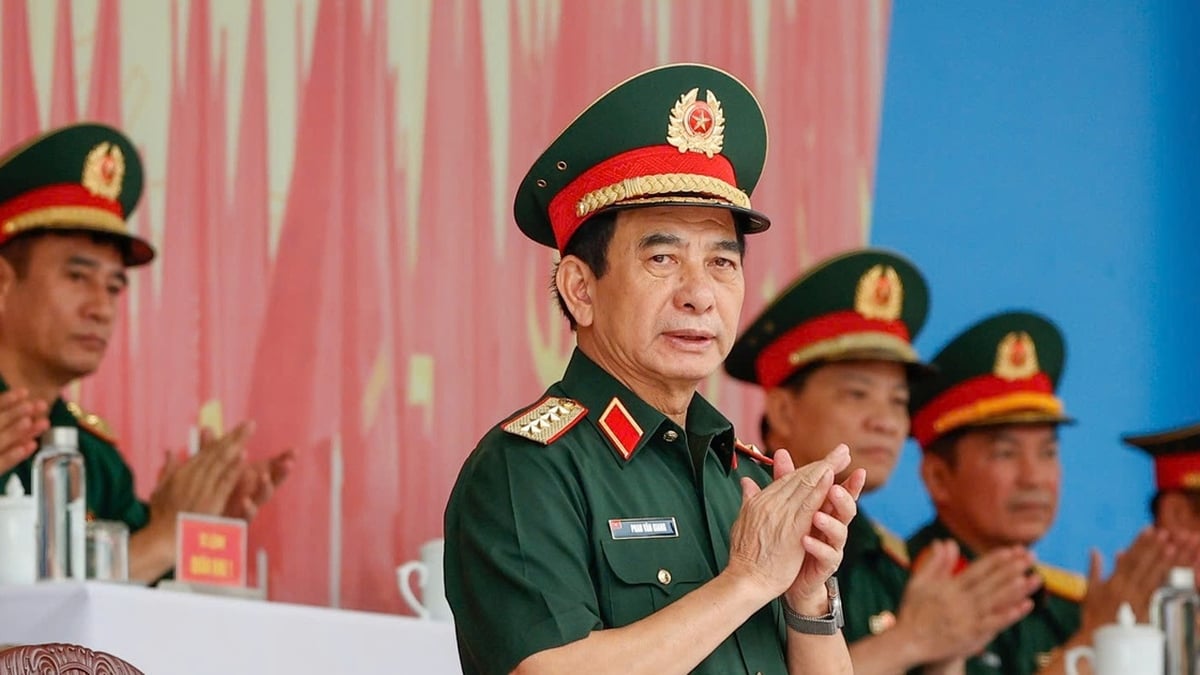










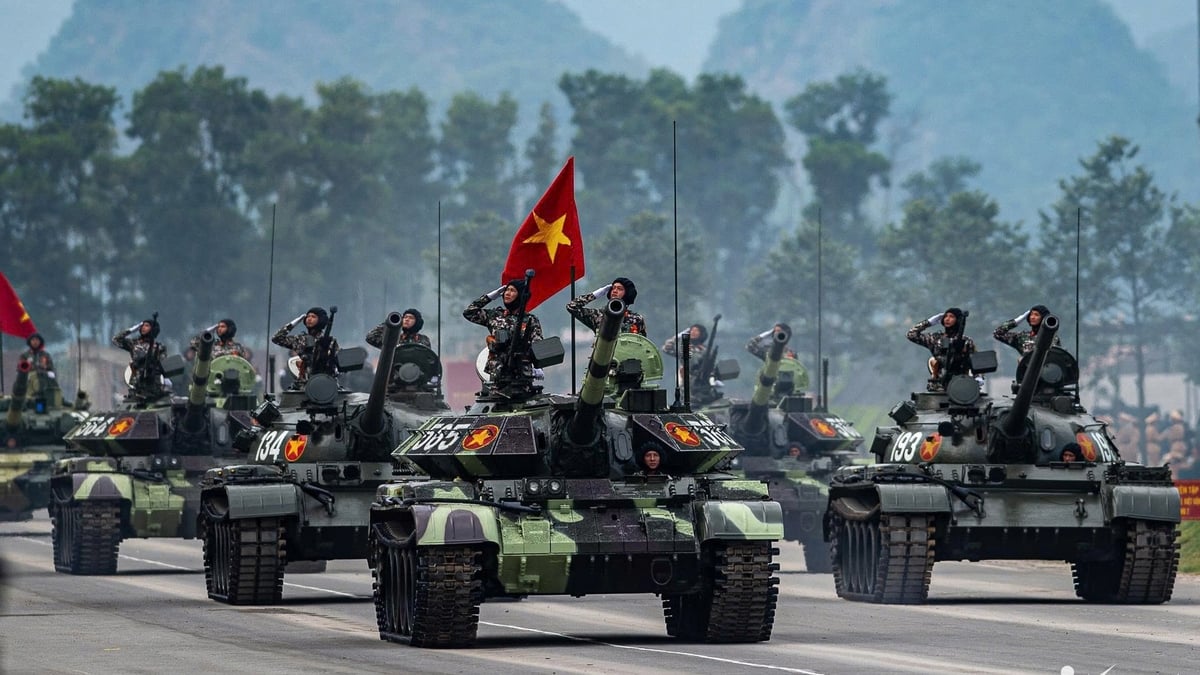
![[Photo] National Assembly Chairman Tran Thanh Man attends the inauguration ceremony of President Ton Duc Thang Memorial House](https://vphoto.vietnam.vn/thumb/1200x675/vietnam/resource/IMAGE/2025/8/16/23555950872d428a8708a1e2f94cbf59)
![[Photo] Red and yellow stars at the launching ceremony of the program "Moving Forward with Vietnam"](https://vphoto.vietnam.vn/thumb/1200x675/vietnam/resource/IMAGE/2025/8/16/076df6ed0eb345cfa3d1cd1d7591a66f)

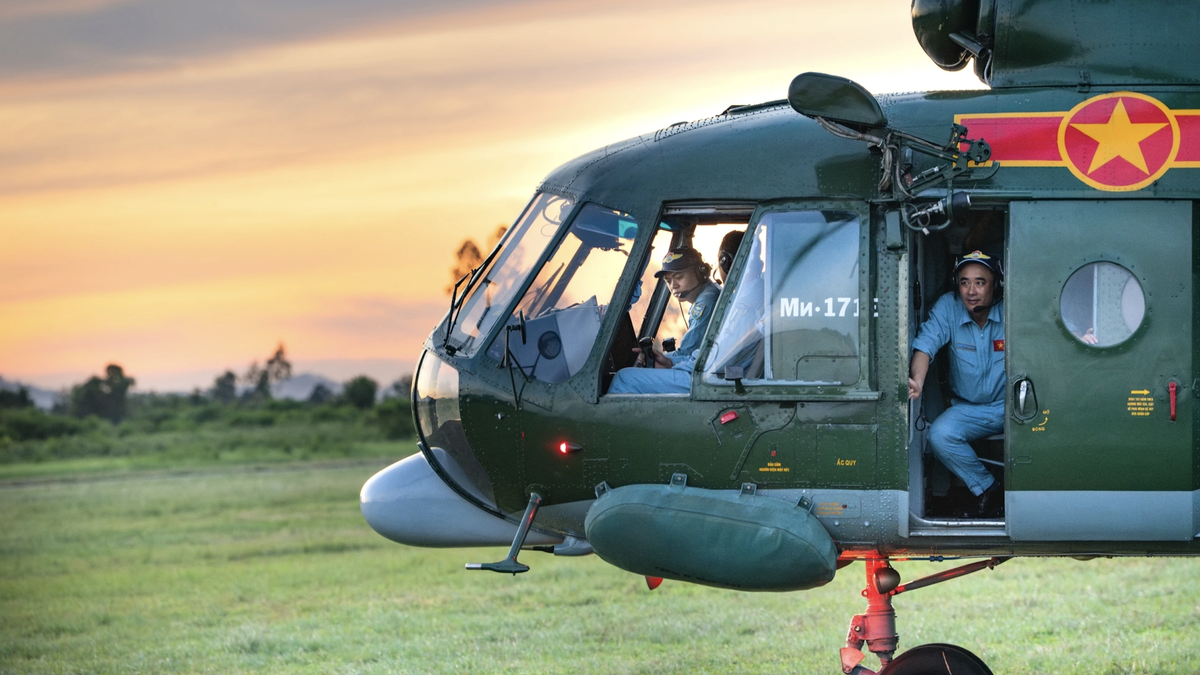
![[Photo] “Moving forward with Vietnam” on the most romantic road in Vietnam](https://vphoto.vietnam.vn/thumb/1200x675/vietnam/resource/IMAGE/2025/8/16/0ee500bc59fd4468863261ee26f47fe7)
![[Photo] Prime Minister Pham Minh Chinh attends a special art program called "Hanoi - From the historic autumn of 1945"](https://vphoto.vietnam.vn/thumb/1200x675/vietnam/resource/IMAGE/2025/8/15/c1c42655275c40d1be461fee0fd132f3)
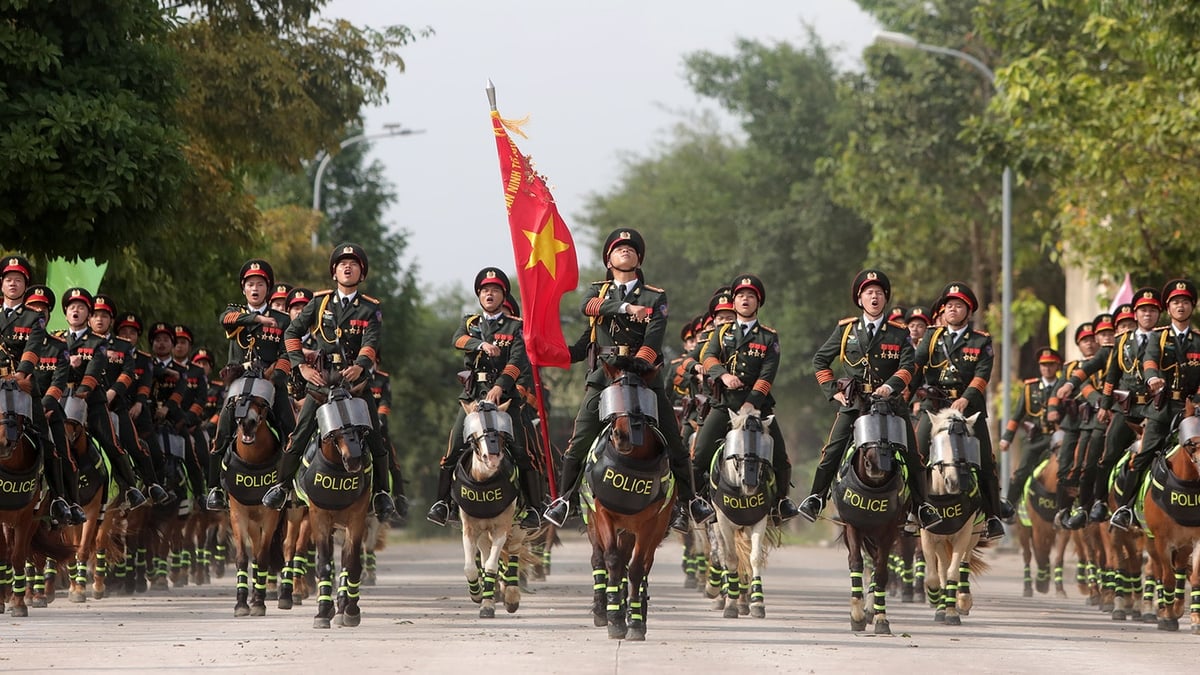
![[Photo] Firmly marching under the military flag: Ready for the big festival](https://vphoto.vietnam.vn/thumb/1200x675/vietnam/resource/IMAGE/2025/8/15/86df2fb3199343e0b16b178d53f841ec)
![[Photo] Prime Minister Pham Minh Chinh talks on the phone with Cambodian Prime Minister Hun Manet](https://vphoto.vietnam.vn/thumb/1200x675/vietnam/resource/IMAGE/2025/8/15/72d3838db8154bafabdadc0a5165677f)


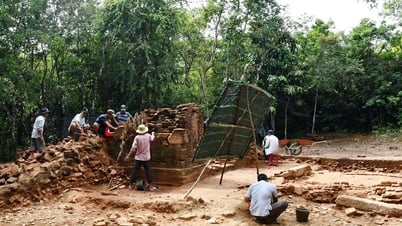

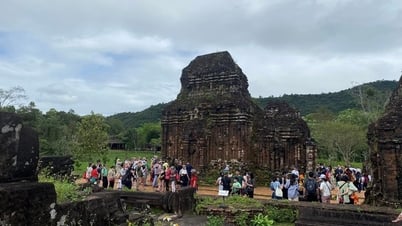



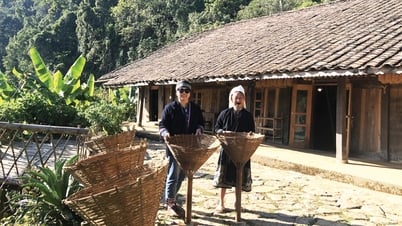






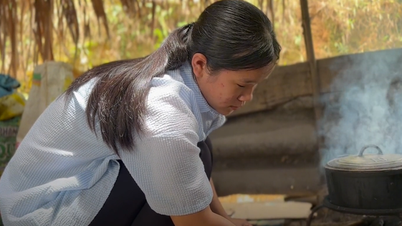













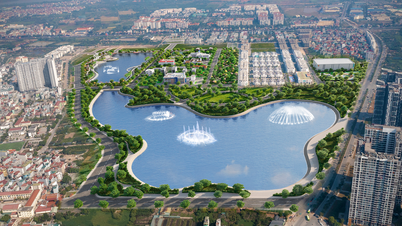




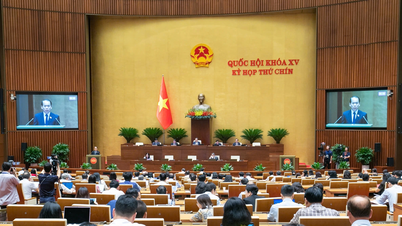
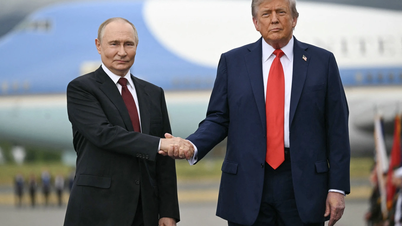
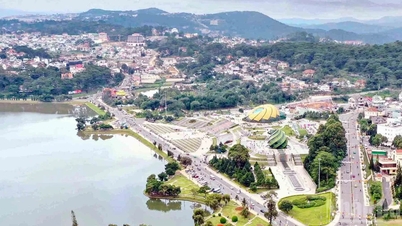







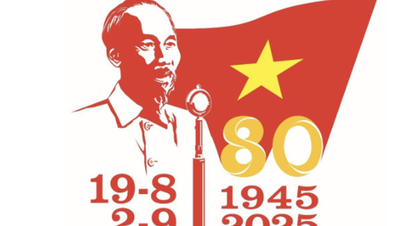























Comment (0)